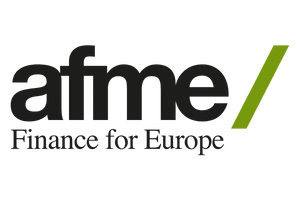The Association for Financial Markets in Europe (AFME) is a leading industry association representing the wholesale financial markets sector across Europe. Established to serve as the voice of Europe’s capital markets, AFME’s membership includes the world’s leading global and European banks and significant capital market participants. Collectively, its members underwrite 89% of European corporate and sovereign debt and 79% of listed equity capital issuances, highlighting its central role in the region’s financial infrastructure.
AFME’s mission is to advocate for deep, integrated, and sustainable capital markets that meet the needs of both companies and investors, thereby supporting economic growth and societal benefit. The association is committed to promoting a robust, competitive, and connected financial system in the EU, UK, and globally. Its advocacy efforts focus on ensuring well-functioning secondary markets, supporting the completion of the EU Banking Union and Capital Markets Union, and facilitating the European green and digital transitions. AFME also emphasizes the importance of maintaining open and resilient financial systems, recognizing that global market integration is essential for stability and efficient service provision.
AFME operates as a bridge between the financial industry, policymakers, regulators, and the public. Its activities are organized around five pillars: advocacy, policy development, education, communication, and coordination. The association engages in close dialogue with regulators to ensure that the industry’s perspective is considered in legislative processes, applies its expertise to shape EU and national legislation, educates policymakers on market dynamics, and convenes debates on key industry issues. AFME’s divisions are supported by boards and committees comprising member representatives, who guide activities and participate in working groups to address regulatory reforms and develop best practices.
A distinctive feature of AFME is its direct participation by member firms, as opposed to being an association of associations. It boasts deep in-house expertise, with highly qualified staff possessing strong market backgrounds. This expertise is leveraged to produce evidence-based research, position papers, and publications that inform both members and policymakers. AFME’s influence and credibility are further enhanced by its unique member-led committees, which address a wide range of wholesale financial industry topics from market, prudential, and policy perspectives.
AFME is also active in organizing conferences, responding to consultations, and publishing regular reports and data snapshots, such as its Securitisation Data Snapshot and implementation guides for regulatory reforms like MiFIR/MiFID II1. Its advocacy and policy work are instrumental in shaping the landscape of European financial markets, especially in relation to regulatory changes, market integration, and sustainability initiatives.


